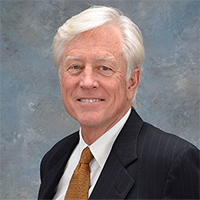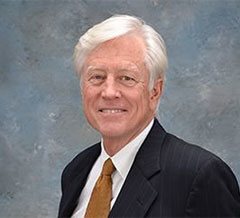New Coronavirus Protocols From The Orange County Fire Rescue
With the rapid spread of the novel coronavirus throughout the world, members of emergency response crews throughout Florida have adjusted their protocol and safety measures. Within Orange County, one of the harder-hit spots for the COVID-19 outbreak, the Orange County Fire Rescue crew in particular have been vigilant at keeping their crews and patients safe while still providing the top-level emergency care on which they pride themselves.
During a special interview with News 6, the OCFR shared some of their many thoughts around the pandemic as well as the various ways they are controlling and mitigating the numbers of exposed and infected. During the interview, the assistant manager for the communications department of the fire rescue crew told reporters that, although they had previously dealt with Ebola, H1N1 and SARS, nothing like the coronavirus had ever reached their community. With that in mind, the individual told the reporter that they are in some ways treating the epidemic like a hurricane: not knowing exactly how much damage will take place, but preparing for the worst.
When individuals now call 9-1-1 due to illness, the sorts of questions that they will be fielding have changed somewhat. While all the standard topics will be addressed, dispatchers will also ask about whether or not they have recently traveled, to where, and with whom. They will also be asked about their symptoms with a specific focus on whether or not they are displaying any of the known signifiers of COVID-19. These symptoms include cough, fever, and shortness of breath.
The new array of questions has been part of the OCFR protocol for just over two weeks. Individuals spoken to told reporters that they receive several calls each day that relate to concerns over coronavirus and the possibility that the caller indeed has contracted the virus. Once the conversation is concluded, the crew being dispatched is then informed about the situation and what sort of safety measures they must take. All information given to dispatchers greatly assists any responders to the call as they must ensure that they are properly protected and that the individual who they are attempting to access is also able to be collected without causing increased spread of the dangerous virus.
Sources:
James O. Cunningham
 Since 1977, personal injury lawyer James Cunningham has provided effective legal advocacy to people who are injured through the negligent actions of another person or entity throughout the Central Florida area. He fights to obtain recoveries for his clients’ physical and emotional pain and suffering and pursues his clients’ personal injury cases with a commitment to excellence and impeccable preparation.
Since 1977, personal injury lawyer James Cunningham has provided effective legal advocacy to people who are injured through the negligent actions of another person or entity throughout the Central Florida area. He fights to obtain recoveries for his clients’ physical and emotional pain and suffering and pursues his clients’ personal injury cases with a commitment to excellence and impeccable preparation.


 James O. Cunningham
James O. Cunningham  Mr. Cunningham is an excellent and knowledgeable attorney.
Mr. Cunningham is an excellent and knowledgeable attorney.